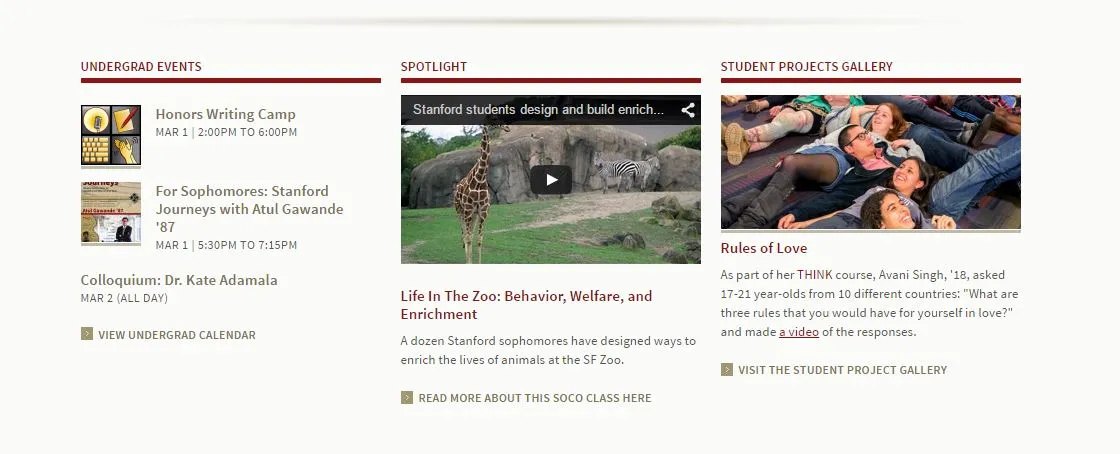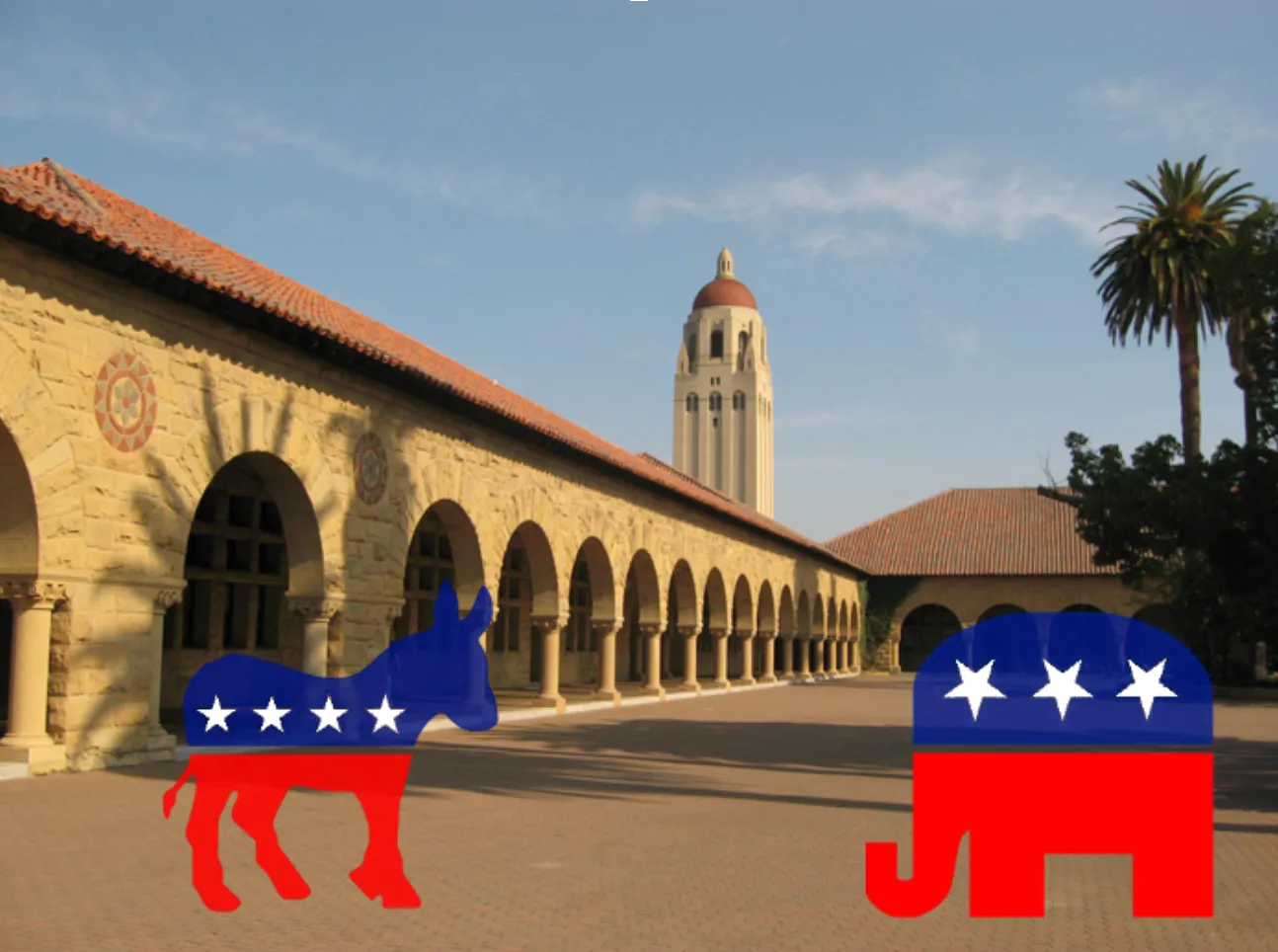Table of Contents
Robert Sinclair, professor of Material Sciences and Engineering, will succeed Norman Naimark of the History Dept. this September as the Director of BOSP.
In a recent interview with the Daily, Sinclair highlighted several dysfunctions in the BOSP system that any study abroad alum will recognize.
Here are Sinclair’s top three priorities:
**1) Address the dearth of science and engineering majors. **In the past several years -and no doubt before that, even – BOSP was greatly overrepresented by humanities and social science majors. Centers like Oxford, Santiago and Florence were essentially distant outposts of the History, Art history, English and International Relations departments.
Engineering and science majors are equally interested in – and equally poised to benefit from – a study abroad experience. Their more structured major requirements, however, are incompatible with taking a quarter off from their major tracks. This should and can be changed.
Sinclair’s prescription so far include reaching out to engineering and science departments (something he should be able to do with ease and understanding), getting more science professors to teach abroad (hence creating more science classes abroad) and perhaps even experimenting with internet classes.
**2)****Encourage interaction between Stanford students and local institutions and peoples. **This addresses the most common complaint about the BOSP experience: infrequent and superficial interaction with locals. Many Stanford overseas centers are little slices of the Stanford bubble transplanted in a foreign polity. (Think Pi Phi-in-Paris or BOB-in-Berlin.) A typical day for a Stanford student abroad often feels like this: wake up, small talk with host family(or not), go to Stanford center, sit in class, check Gmail and Facebook for 5 hours, attend to their campus-related duties direct their clubs from aroad, Gchat with their boyfriend or girlfriend), eat dinner with host family and chat in foreign language, go out and drink foreign alcohol with other Stanford students
Stanford students should be more proactive about meeting foreign students and residents. But, as a general rule, the highly-structured BOSP lifestyle can make that a challenge. (There are exceptions: I hear, for instance, that Stanford girls in Oxford regularly establish close ties to accented Oxford dons.) Between Bing trips, expensive rail journeys to Prague on the weekends, daily courses on Latin American economics or intensive Chinese courses, Stanford students lack time and opportunities to interact with locals.
Why not establish relations between BOSP centers and foreign universities? The University is rightfully wary of lowering academic standards. This is a fair fear: Stanford students pay for and expect a very high level of academics. But academic independence and interaction with locals is not, in the end, mutually exclusive.
**3) Establish Stanford presence in important places like India and Muslim nations. **Stanford’s current BOSP campuses skew heavily toward safe and comfortable locations. This is not inherently bad. In fact, it is optimal for the Administration’s liability hawks. But by expanding Stanford’s presence (however large or small) into more challenging places like India, Egypt or Syria, BOSP would be challenging students and itself.







